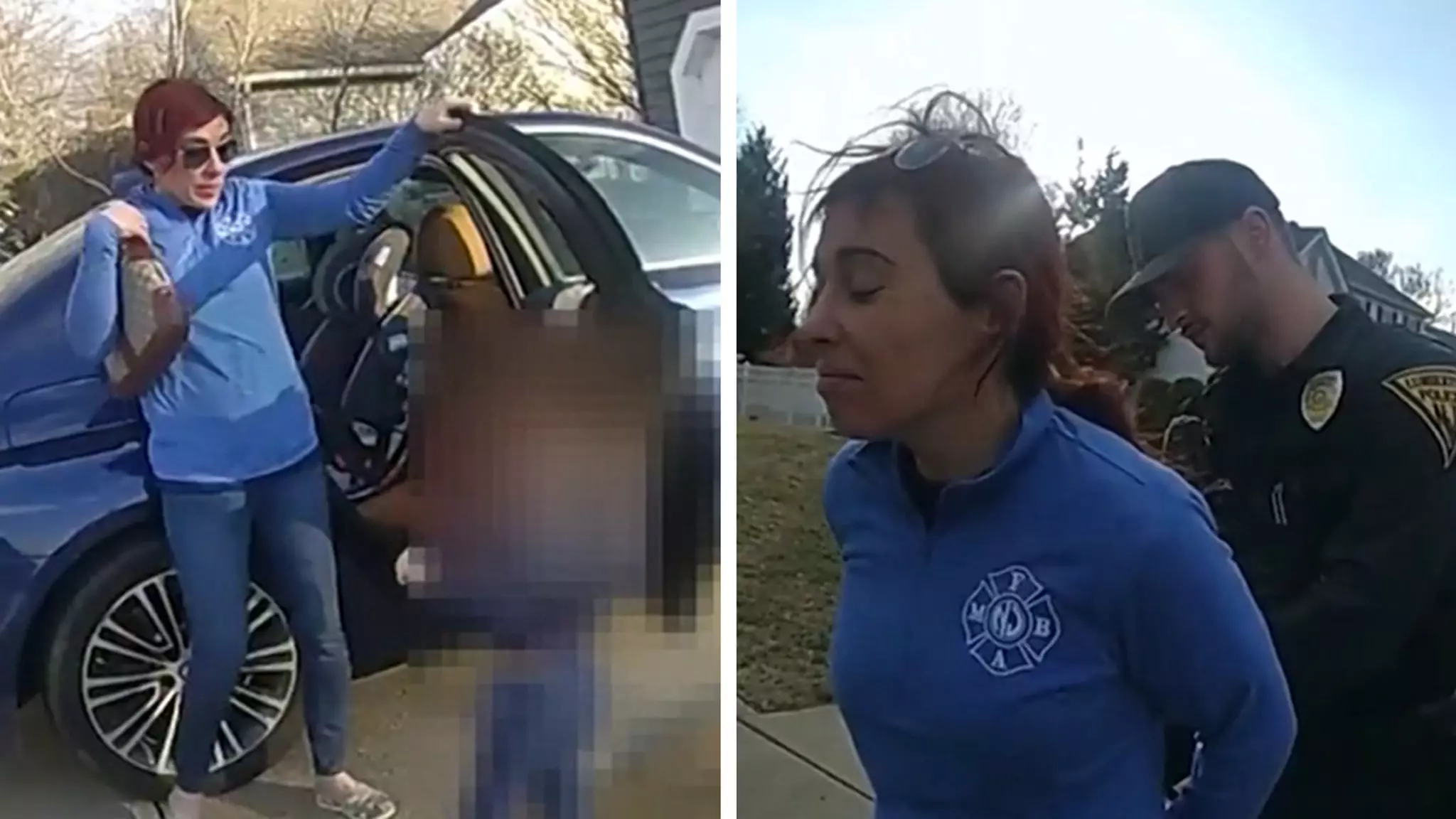In a disconcerting incident that has captured significant media attention, Gina LaPlaca, the mayor of Lumberton Township, New Jersey, was arrested this month for driving under the influence with her young child in the car. This high-profile case, more than just an unfortunate mishap, serves as a stark reminder of the heavy consequences that accompany the misuse of power in public office. The situation escalated on St. Patrick’s Day, a day often associated with celebratory drinking, but it turned into an episode of recklessness as LaPlaca’s alleged actions placed her child in jeopardy—a serious violation of parental responsibility.
Contradictory Actions and Public Trust
Emerging details point to a troubling picture: LaPlaca was pulled over after numerous calls came in about her erratic driving, including a report that her car bore visible damage, notably a broken side-view mirror. It’s alarming to consider how someone entrusted with the safety and governance of a community could act with such flagrant disregard for the law. The police body cam footage reveals a mayoral figure who, amidst her sobering reality, attempted to assure officers about her competence by explaining she was merely picking up her son from school. However, the juxtaposition of her words against her visible physical inability to perform sobriety tests paints a dismal picture of someone who is clearly out of touch with her responsibilities.
The Role of Media and Public Reaction
As details of the arrest unfolded on various news platforms, it sparked an avalanche of reactions from Lumberton residents and broader audiences alike. Many constituents have called for LaPlaca’s resignation—an understandable response considering the gravity of her actions. Despite the public outcry, LaPlaca has communicated her intention to remain in office, illustrating a sense of defiance that many find troubling. Her husband’s statements expressing gratitude for community support highlight a personal struggle, as he revealed that their toddler experienced distress upon seeing the media coverage of the incident.
This recognition of the psychological impact on the child raises another layer of complexity in this narrative. It raises pertinent questions about not only the individual but also the interconnectedness of personal decisions and familial impacts. It also underlines how the media’s role intensifies the consequences, often placing the emotional state of family members in the spotlight, which can distort public perception.
The Bigger Picture: A Call for Accountability
Gina LaPlaca’s situation transcends her personal misfortunes; it prompts a necessary discourse on accountability in public office. Officials must embody the values they champion, instilling trust through their actions. The incident emphasizes the importance of responsible decision-making, especially when children are involved. If public officials cannot adhere to legal standards that govern all citizens, the erosion of public trust becomes inevitable.
It is essential for communities to demand not only transparency but also accountability from their elected representatives. Public figures who are entangled in such dilemmas reflect poorly on their role as stewards of society. As the narrative continues to unfold, the repercussions of this shocking event will ideally lead to a larger conversation about governance, personal responsibility, and the crucial nature of integrity in public life.

